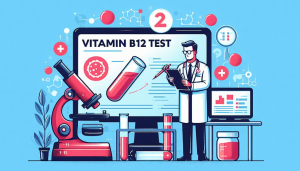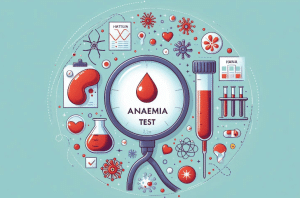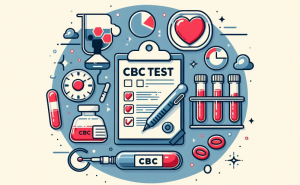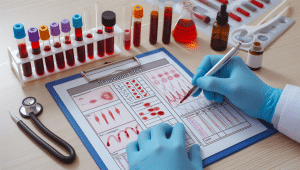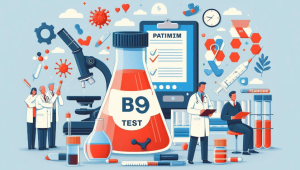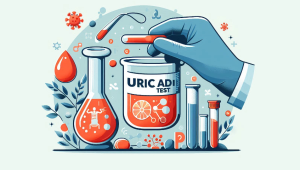What is a Ferritin Test?
A ferritin test is a blood test that measures the amount of ferritin in your blood. Ferritin is a protein that stores iron in your body. This test helps doctors determine if you have a healthy amount of iron in your body.
Why Do You Need a Ferritin Test?
Your doctor might order a ferritin test if they suspect you have an iron-related condition, such as:
- Iron deficiency: This is a common condition where your body lacks sufficient iron. It can lead to iron-deficiency anemia, causing fatigue, weakness, pale skin, and shortness of breath.
- Iron overload (hemochromatosis): This is a less common condition where your body absorbs too much iron from food, leading to excess iron buildup in organs. This can damage your liver, heart, and other organs.
- Other conditions: Ferritin levels can also be affected by conditions like liver disease, chronic infections, and some types of cancer.
What Does a Ferritin Test Measure?
The ferritin test directly measures the amount of ferritin in your blood serum. Since ferritin stores iron, the test provides an indirect measure of your body’s iron stores.
Preparing for the Test
Generally, no special preparation is needed for a ferritin test. You can eat and drink normally before the test. However, your doctor might ask you to fast for a certain period if other blood tests are being done at the same time.
Understanding the Results
Normal ferritin levels vary depending on age and sex. In general:
-
For men: 24 to 336 micrograms per liter
-
For women: 11 to 307 micrograms per liter
-
Low ferritin levels: Indicate low iron stores, which can lead to iron deficiency anemia.
-
High ferritin levels: Can suggest iron overload, inflammation, liver disease, or other conditions.
Your doctor will interpret your ferritin test results along with other tests, such as a complete blood count (CBC), to diagnose any underlying conditions and recommend appropriate treatment.
Risk Factors and Prevention
Factors that can increase your risk of iron deficiency include:
- Inadequate iron intake: Diets low in iron-rich foods like meat, poultry, fish, beans, and leafy green vegetables.
- Blood loss: Heavy menstrual bleeding, gastrointestinal bleeding, or frequent blood donations can lead to iron loss.
- Pregnancy: The body’s iron requirements increase during pregnancy.
- Certain medical conditions: Conditions affecting iron absorption, such as celiac disease or inflammatory bowel disease, can contribute to iron deficiency.
To prevent iron deficiency:
- Eat a balanced diet: Include plenty of iron-rich foods in your meals.
- Consider iron supplements: Consult your doctor before taking iron supplements, as excessive iron intake can be harmful.
- Manage underlying conditions: If you have a condition that affects iron absorption, work with your doctor to manage it effectively.
Remember, ferritin tests are essential for identifying and managing iron-related conditions. Consult with your doctor to discuss your ferritin levels and any necessary steps to maintain optimal iron balance.

 7351982473
7351982473
